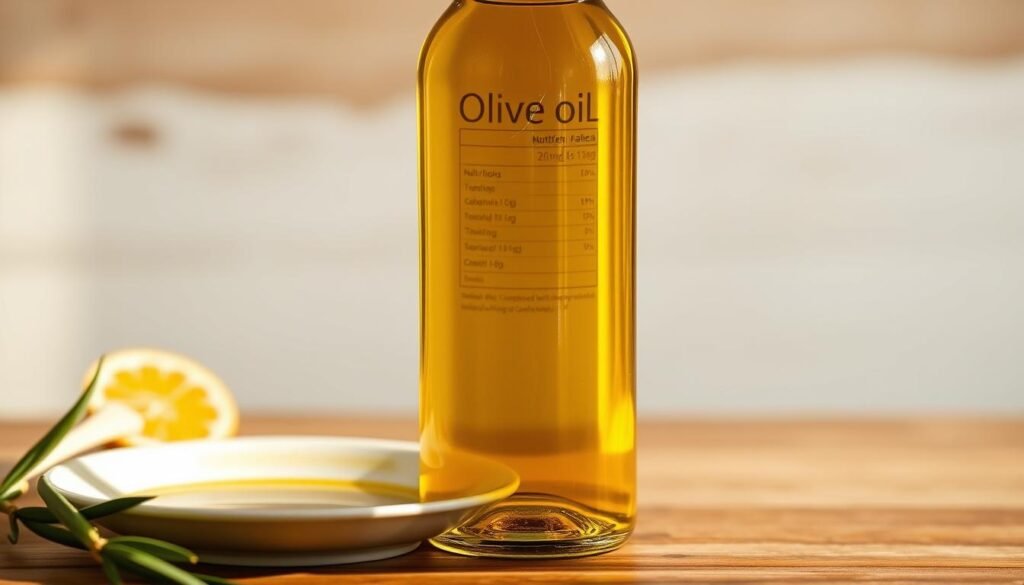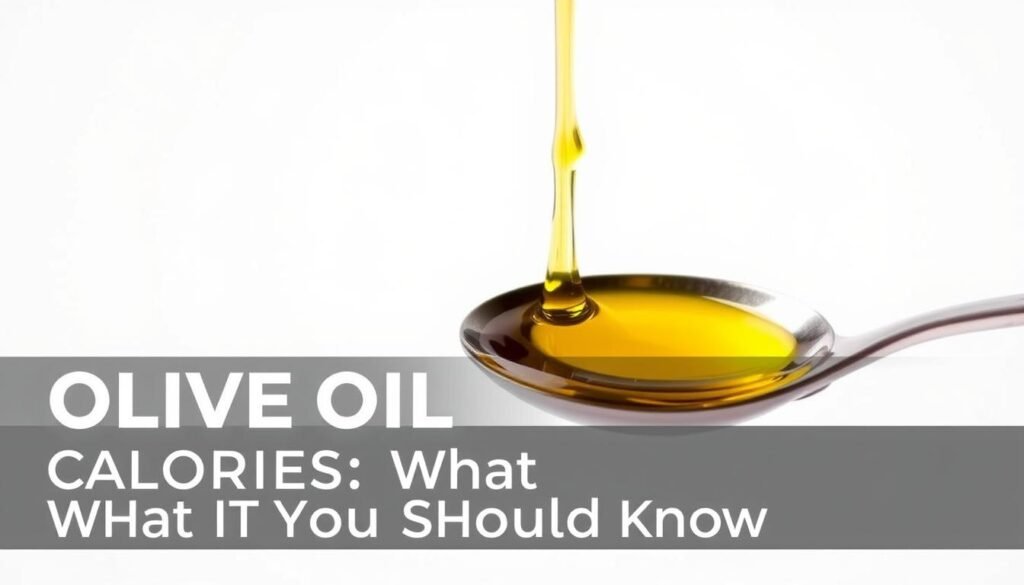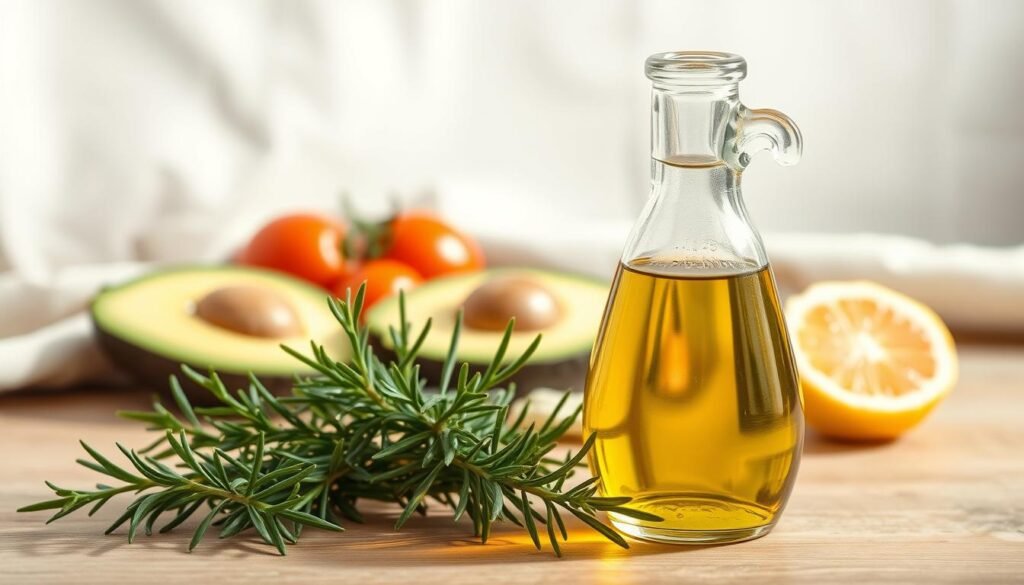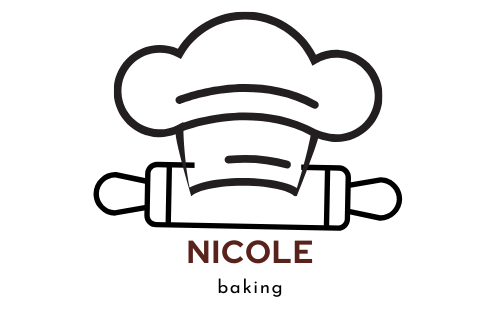
Ever wonder how that golden drizzle affects your meal? A single tablespoon packs 120 calories, according to USDA data. While that might sound high, this liquid gold brings more than just energy to your plate—it’s loaded with nutrients that support heart health and overall wellness.
Pure fats like this kitchen staple have the same caloric density as butter or canola oil. But unlike processed alternatives, every drop delivers antioxidants and healthy fats. Knowing this helps you balance flavor and nutrition without derailing your goals.
- 【 The Highest Quality Cold-Pressed Moroccan Olive Oil】 The Atlas Mountains of Morocco help grow the most perfect olives …
- 【 Maximum Health Benefits with Only Single Pressing of the Olives】 The Atlas Mountains of Morocco help grow the most per…
- 【 You will love the delicately complex aroma 】 that takes in almonds, culinary herbs and a mix of sweet bananas, lemons …
Think about your last salad dressing or sautéed veggies. Olive oil calories can add up quickly, so measuring portions matters—especially if you’re tracking your intake. A little goes a long way, and understanding why those calories matter makes all the difference. You’ll find smart ways to enjoy its richness while staying on track, balancing flavor and nutrition without sacrificing your goals.
Ready to make every spoonful count? Let’s explore how to use this versatile ingredient wisely—because great taste and good health shouldn’t compete.
Introduction: The Benefits of Adding Olive Oil to Your Diet
Discover how a kitchen staple can become your ally in achieving better health. Extra virgin varieties contain more monounsaturated fats than most cooking oils—nutrients that actively lower bad cholesterol while supporting heart function. The American Heart Association confirms these fats help your body absorb vitamins and maintain energy levels.
Switching to this liquid gold means replacing processed fats with a natural option rich in antioxidants. Studies show people who make this swap often see improved blood pressure and reduced inflammation. It’s why Mediterranean diets, known for longevity, feature it so prominently.
| Oil Type | Monounsaturated Fat (per tbsp) | Best Uses |
|---|---|---|
| Extra Virgin Olive | 10g | Salads, dips, low-heat cooking |
| Canola | 8g | Baking, frying |
| Coconut | 1g | High-heat sautéing |
Your meals gain depth when you drizzle it over roasted veggies or mix into dressings. Unlike butter or margarine, it adds flavor complexity without artificial additives. Plus, its versatility lets you experiment—try marinating proteins or enhancing soups.
Making this ingredient a regular part of your routine supports lasting wellness. You’re not just cooking—you’re nourishing your body with every delicious drop.
Olive Oil Calories: What You Should Know
Not all fats are created equal—here’s why. That glossy liquid in your pantry packs a nutritional punch hidden within its calorie count. Let’s unpack what makes those numbers meaningful.
Caloric Content per Tablespoon

One tablespoon delivers 120 calories and 14g of fat. But here’s the twist: 10g come from heart-friendly monounsaturated fats. Only 2g are saturated, unlike butter or coconut options.
You get zero carbs, cholesterol, or additives. This purity means every drop supports stable blood sugar. Perfect for dressing greens or roasting veggies without guilt.
- Lifetime Assurance: We stand behind the quality of our oil dispenser for kitchen. If you experience any issues or are no…
- Dual Dispensing: This oil mister offers both spray and pour options for total control while cooking. It’s a versatile oi…
- Precision Spray Nozzle: The olive oil spray bottle features a nozzle that delivers a fine mist or steady stream, offerin…
How It Stacks Up Against Other Fats
| Fat Source | Calories/tbsp | Monounsaturated Fats |
|---|---|---|
| Extra Virgin Olive | 120 | 10g |
| Butter | 102 | 3g |
| Canola | 124 | 8g |
See the pattern? Most cooking fats match in calories but not quality. Research shows diets rich in monounsaturated fats—like those in this Mediterranean staple—support better weight management than carb-heavy plans.
Your body processes these fats differently. They keep you fuller longer while fighting inflammation. That’s how 120 calories become an investment rather than just a number.
Nutritional Composition and Health Benefits of Olive Oil
What makes olive oil evoo so special? Its unique blend of nutrients works together like a wellness dream team. Premium varieties pack more than just fats—they deliver vitamins and protective compounds most cooking oils lack. This is especially true for extra virgin olive oil, which retains antioxidants and anti-inflammatory properties thanks to minimal processing. Rich in monounsaturated fats, olive oil EVOO supports heart health, making it a standout choice for anyone seeking both flavor and nutrition in one golden pour.

More Than Just Healthy Fats
Extra virgin types shine with 73% monounsaturated fatty acids—mainly oleic acid. This superstar nutrient helps balance cholesterol while fighting inflammation. You also get 13% of your daily vitamin E in one spoonful, plus skin-nourishing antioxidants.
| Oil Type | Monounsaturated Fat (g) | Antioxidants (mg) | Vitamin E (mg) |
|---|---|---|---|
| Extra Virgin | 10.3 | 230 | 1.9 |
| Avocado | 9.8 | 45 | 2.1 |
| Coconut | 0.8 | 12 | 0.1 |
| Canola | 8.2 | 18 | 2.4 |
Your Heart’s Best Friend
Science shows regular use supports cardiovascular health in three key ways:
- Reduces blood pressure through improved vessel flexibility
- Lowers C-reactive protein levels by 38% (per Harvard studies)
- Protects LDL particles from oxidation—a major heart disease trigger
Those polyphenols do double duty. They fight cellular aging while helping manage blood sugar. Your skin reaps benefits too—whether you drizzle it on salads or use it as a natural moisturizer.
Extra Virgin Olive Oil Versus Other Olive Varieties
Navigating supermarket shelves can feel overwhelming when faced with multiple golden bottles. Let’s simplify your choice by exploring what sets premium options apart from standard varieties.
Decoding Labels and Taste Differences
Extra virgin stands at the top. Made through cold-pressing without heat or chemicals, it keeps natural flavors and nutrients intact. You’ll notice bold, fruity notes—perfect for drizzling over hummus or fresh bread.
Standard versions undergo refining, stripping some character for a milder taste. They work better for high-heat cooking but lack the antioxidants found in unprocessed options. Think of them as versatile kitchen helpers rather than flavor stars.
Smoke points matter too. While both types handle moderate heat, extra virgin shines in raw applications. Its peppery finish adds depth to dishes without overpowering delicate ingredients. The higher phenol content? That’s nature’s bonus for your heart and palate.
Next time you shop, let quality guide you. Your meals deserve richness that nourishes as much as it delights.
FAQ
How does the caloric content of olive oil compare to butter or coconut oil?
A tablespoon has around 120 calories, similar to most cooking fats. However, its monounsaturated fatty acids offer more heart-healthy benefits than saturated fats found in butter or coconut oil.
Can adding olive oil to meals support overall health?
Absolutely! Its antioxidants and vitamins, like vitamin E, fight inflammation, while monounsaturated fats may lower heart disease risk. Just balance portions to avoid excess calories.
What makes extra virgin varieties different from regular options?
Extra virgin is less processed, retaining more antioxidants and a richer flavor. Regular versions undergo refining, which strips some nutrients but gives a milder taste for high-heat cooking.
Will using it daily lead to weight gain?
Not if you’re mindful. While calorie-dense, replacing saturated fats with moderate amounts can boost satiety and nutrient absorption. Track your intake to stay within daily goals.
Is it safe for high-temperature cooking?
Yes, but opt for refined types when frying. Extra virgin has a lower smoke point, making it better for drizzling or low-heat sautéing to preserve its polyphenols.
How does it affect cholesterol levels?
Studies show monounsaturated fats help reduce “bad” LDL cholesterol while maintaining “good” HDL levels. This balance supports healthier arteries and blood flow over time.


